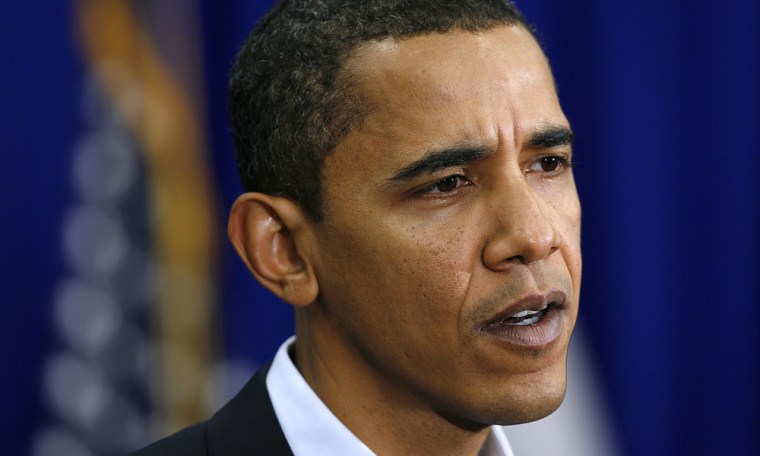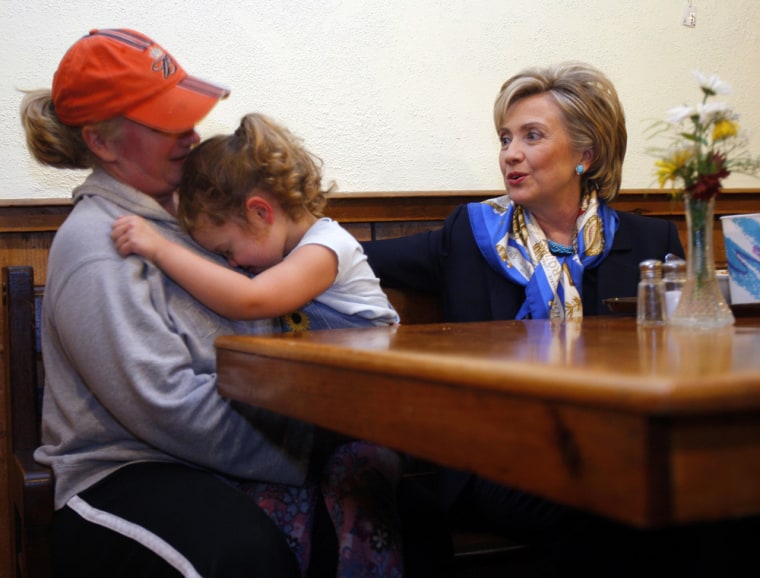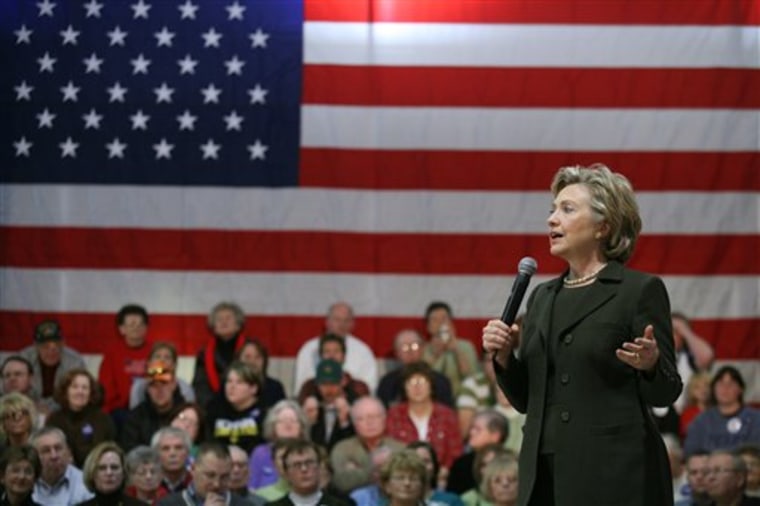On the Sunday after Thanksgiving, John Beaudoin received the phone call that he’d been waiting ten long months for.
It was Hillary Clinton’s campaign on the other end.
Beaudoin is the publisher of two weekly newspapers in Iowa, the Logan Herald-Observer and the Woodbine Twiner; both with circulations below 1500 copies.
He’d been emailing and calling the Clinton campaign since January to request an interview with the former first lady.
He finally heard back this past weekend, just one day after a well publicized appearance by Democratic presidential candidate Barack Obama in the area.
That led to a prominent posting in the New York Times commending his outreach to local newspapers.
While Beaudoin called his Clinton call a "breakthrough," he said he found its timing to be "rather odd."
"The timing [of the interview] seems to be working in their favor. The New York Times piece gave Obama good press about how his people are handling weekly papers. She dropped in the polls recently… We've offered her front page space for the past ten months just like all the other candidates. It's always time constraints and one person gets the message and the other person doesn't get the message," he said.
In contrast, Beaudoin praised Obama's efforts to reach out to his paper, which included an attentive communications staff who reached out to him before and during a tightly packed event at a cattle auction in Dunlap, Iowa. He says he was sought out by the campaign along with another local reporter and given private time with the candidate.
The experience prompted him to write an editorial on the process, which runs in this week’s paper.
"The fact that Obama and his campaign are putting this much effort into courting a small newspaper is impressive in itself. When you couple that with the polls that now show him in the lead in Iowa and you can tell that strategy is proven to work. Small town newspapers have loyal, thoughtful and intelligent readers who, most importantly, vote during elections. Whether you agree with Obama's politics or not is really a side issue – he's taking the time to do things that other candidates simply do not. The bad press and drop in poll numbers should have caught someone's attention in the Clinton camp. And if it gets me an interview with her, even better," he wrote.

Beaudoin's experience is a typical example of the intricate courtship between candidates and local media outlets, where campaigns can either play the role of earnest suitor or coquettish maiden whose hand always appears to be just out of grasp.
His story was one of many picked up by “The Rural Blog,” which linked to the New York Times story and reported on the discussion the article sparked among local editors and publishers.
Though the readership of the local weeklies and dailies are small, their combined circulation can often shame the larger dailies in the state, often providing a bully pulpit for candidates looking to connect with the local population in a more grassroots fashion.
And in Iowa, a state with the highest newspaper readership per capita, the impact can certainly be profound.
Small papers do reach out to candidates, and in the case of Clinton and other big name candidates, Beaudoin said he's even sent talking points and general questions ahead of time to help cement the deal for an interview. But generally the conventional wisdom among Iowa's journalists is that the campaigns should want to come to them.
As Pete Graham of the Missouri Valley Times (circulation: 2279) said, "The campaigns call us if they want to win."
A survey of fifteen weekly and local daily newspapers by NBC News found newspapers reporting mixed experiences with all the campaigns, Democratic or Republican. Most papers said that their inboxes were flooded by emails from all the campaigns and many received phone calls before an event as a reminder to attend.
The majority of newspapers reported being able to get a few minutes with a candidate either immediately after the event during the rope line or with a one on one interview. Sen. Clinton was the exception in this case. But both John Edwards' and Obama's staff were praised for their efforts to reach out to reporters and provide access to the candidate.
Surprisingly, second-tier candidates did not appear to be as media friendly. The Missouri Valley Times recently missed an appearance by Sen. Chris Dodd because his campaign had not reached out to them. Tim Rowher of the Daily Nonpareil (circulation: 16,200) described both Dodd and Sen. Sam Brownback (before he dropped out of the race) as aloof in their approach. Sen. Joe Biden was seen as accessible but his outreach efforts did not compare to the first-tier Democrats.
Campaigns also effectively use surrogates to reach out to local papers. A political reporter for the Waukon Standard (circulation: 3100) said that Edwards’ Campaign Manager David Bonoir stopped by the office for coffee once. Lowell Carlson of the Bellevue Herald Leader (circulation: 2600) said that he's scheduled to sit down with Brownback, who's meeting with him to push his recent endorsement of Sen. John McCain.

The majority of papers said they found the Clinton campaign to have limited access. The publisher of the Humboldt Independent (circulation: 4000) complained that they weren't able to even get a photograph of the senator for publication because the Secret Service were so thick around her.
And Sara Konrad from Iowa Falls (circulation: 3745) said that while the campaign staff was helpful but that they seemed "strict and programmed" at times. Bill Wonder, of the Onawa Democrat (circulation: 2257) said that the media was kept as far away from Bill Clinton as possible at a recent event. "We didn't even try to ask for an interview," he added.
However, it should be noted that while in New Hampshire the Clinton campaign has conducted outreach efforts with local weeklies and newspapers. The campaign reached out to Salmon Press, which owns 12 weeklies in the state, to arrange an interview with the senator. Clinton also took the time during one visit to do a half an hour sit down interview with the Conway Daily Sun, a small daily that is infamous for making presidential candidates sign a refrigerator.
And some newspapers have more contentious relationships with the candidates. Penny Tonderum of the Graettinger Times (circulation: 700) says she wouldn't even report on a visit to her office by a candidate unless their campaign spends $20 on a printed notice. "Why give them free publicity when they don't give me a dime in advertising?"
Staffers from the both the Obama and Clinton campaigns said that they prioritized local outreach, and that the chance to present the candidate in a voice that was authentic to the local community made a significant difference in their support. And the special attention can pay off.
But sometimes not for every candidate. Just ask Beaudoin about his recent editorial: "Clinton Just Doesn't Have Time for Us."
